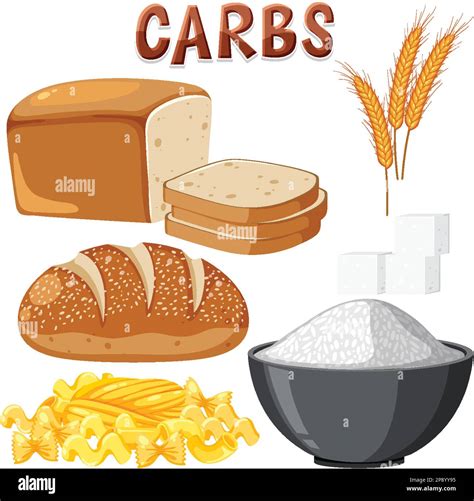Optimize peak performance: What macro ratio fuels sustained energy & focus?

Understanding the Fuel: The Macro Trio
In the pursuit of peak performance, whether in sports, work, or daily life, sustained energy and unwavering focus are paramount. While many factors contribute to these states, the strategic intake of macronutrients—carbohydrates, proteins, and fats—forms the foundational bedrock. But what specific macro ratio unlocks this potential?

Carbohydrates: The Primary Energy Source
Often misunderstood, carbohydrates are the body’s preferred and most efficient fuel source. Glucose, derived from carbs, powers your brain, muscles, and central nervous system. For sustained energy, complex carbohydrates like whole grains, fruits, and vegetables are crucial. They offer a steady release of glucose, preventing energy crashes that simple sugars can induce.

Proteins: Building Blocks and Satiety
Proteins are vital for tissue repair, muscle growth, enzyme production, and hormone synthesis. They also play a significant role in satiety, helping to keep you full and focused by stabilizing blood sugar levels and preventing cravings. Sources include lean meats, poultry, fish, eggs, dairy, legumes, and nuts.
Fats: Long-Term Energy and Brain Health
Dietary fats are critical for hormone production, nutrient absorption (especially fat-soluble vitamins), and providing a concentrated, long-burning energy source. Healthy fats, particularly omega-3 fatty acids found in fish and flaxseed, are essential for brain health, cognitive function, and reducing inflammation, which can impact focus.

Finding Your Optimal Macro Ratio: A Personalized Approach
There’s no single “magic” macro ratio that works for everyone. The ideal balance depends heavily on individual factors such as:
- Activity Level: Highly active individuals, especially endurance athletes, will require more carbohydrates.
- Body Composition Goals: Those aiming for muscle gain might prioritize protein, while those seeking fat loss might adjust carb and fat intake.
- Metabolism and Genetics: Individual metabolic rates and genetic predispositions can influence how effectively your body processes different macros.
- Dietary Preferences and Health Conditions: Specific diets (e.g., vegetarian, ketogenic) or health concerns (e.g., diabetes) will dictate certain macro distributions.
Common Macro Ratio Frameworks
While personalization is key, here are some common starting points:
- Balanced Approach (e.g., 40-50% Carbs, 20-30% Protein, 20-30% Fat): This is a widely recommended ratio for general health and moderate activity. It provides ample energy, supports muscle maintenance, and includes essential fats.
- Higher Carb for Endurance (e.g., 50-60% Carbs, 15-25% Protein, 20-25% Fat): Athletes engaging in prolonged, intense exercise benefit from a higher carbohydrate intake to fuel performance and replenish glycogen stores.
- Higher Protein for Muscle & Satiety (e.g., 30-40% Protein, 30-40% Carbs, 20-30% Fat): Ideal for those focusing on muscle growth, strength training, or managing weight due to protein’s satiating effect.
- Moderate Carb/Higher Fat (e.g., 20-30% Carbs, 25-35% Protein, 40-50% Fat): Popular in some weight management strategies or for individuals who thrive on lower carb approaches, emphasizing healthy fats for energy. (Note: ketogenic diets are more extreme versions of this with very low carbs.)

Beyond Ratios: Quality, Timing, and Hydration
Simply hitting a ratio isn’t enough; the quality of your macronutrient sources matters immensely for sustained energy and focus.
- Choose Whole Foods: Opt for complex carbohydrates over refined sugars, lean proteins over processed meats, and unsaturated fats over trans fats.
- Strategic Timing: Consume carbohydrates before and after intense activity, spread protein intake throughout the day, and ensure healthy fats are part of most meals for sustained satiety.
- Stay Hydrated: Dehydration significantly impairs cognitive function and energy levels, regardless of your macro intake.
- Listen to Your Body: Pay attention to how different ratios and food choices affect your energy, mood, and focus. Adjust accordingly.

Conclusion: Fueling Your Best Self
Optimizing peak performance through macronutrient ratios is an individualized journey. While general guidelines exist, the most effective approach involves understanding the role of each macro, considering your unique needs and goals, and focusing on high-quality, whole foods. Experiment, observe, and consult with a nutrition professional to discover the macro balance that consistently fuels your sustained energy, sharpens your focus, and empowers you to perform at your best.









